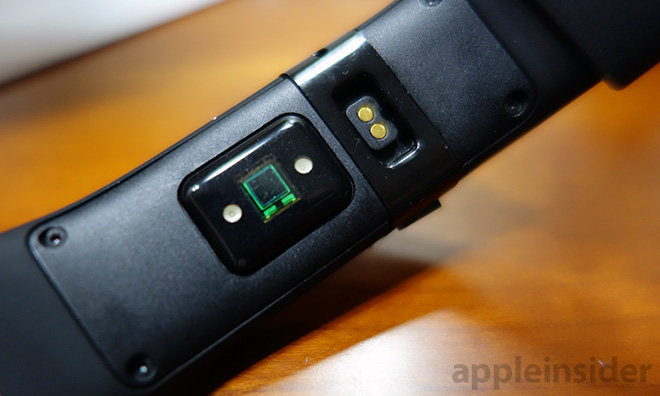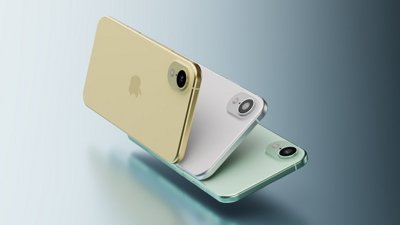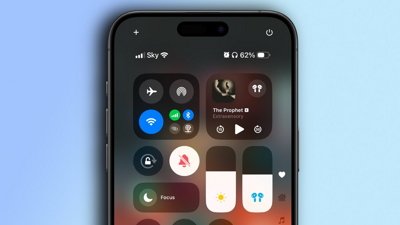A new class action lawsuit is accusing Fitbit of misleading shoppers about the heart rate sensors in two of its flagship fitness trackers, the Charge HR and the Surge.
The case was brought by customers in California, Colorado, and Wisconsin, according to The Verge. An official complaint states that the devices' heart rate sensors are inaccurate by a "significant margin," especially during serious exercise.
One plaintiff was said to have bought a Charge HR specifically to monitor her heart during exercise, but found it didn't work well. Fitbit allegedly refused a refund after she complained.
In a statement Fitbit said that it "strongly disagrees" with the lawsuit, claiming that its technology provides "provides better overall heart rate tracking than cardio machines at the gym" since it operates round-the-clock and not just during exercise. It side-stepped the actual accuracy issue, noting that its trackers "are not intended to be scientific or medical devices."
As a rule, wrist-based optical heart rate sensors — including the one on the Apple Watch — are not as accurate as alternatives like chest straps. They can potentially be disrupted by a number of factors, such as a loose fit or even darker skin tones.
In 2014 a lawsuit accused Fitbit of misleading advertising for its Force fitness tracker, since a number of owners complained about developing rashes. The Force was pulled and replaced with the Charge, to which the Charge HR is an upgraded sibling.
The plaintiffs are asking the court for injunctive relief, as well as damage payments to compensate dissatisfied customers.
Just this Tuesday Fitbit unveiled the Blaze, its first device with a color touchscreen. A mediocre public reception cause the company's stock price to drop several dollars.
 Roger Fingas
Roger Fingas








 Charles Martin
Charles Martin
 Amber Neely
Amber Neely


 Sponsored Content
Sponsored Content
 AppleInsider Staff
AppleInsider Staff
 Malcolm Owen
Malcolm Owen
 Oliver Haslam
Oliver Haslam








18 Comments
I'm happy with mine, but I agree they shouldn't be advertised as accurate. My Charge HR is frequently way off. It even reports readings when I'm not wearing it. But I figure the trends it shows are somewhat useful. I rely on it more for sleep and step measurements. If I bought it thinking it would be accurate for heart rate, I would be upset.
Do people actually expect EKG-level accuracy from something that cannot reliably maintain contact with skin anyway? "Stupid is as stupid does."
My Apple Watch really struggles at higher heart rates, often jumping from 180 to 80 and back again within minutes... When my HR starts increasing fairly rapidly it can't keep track and takes several minutes before it works out it's >100.